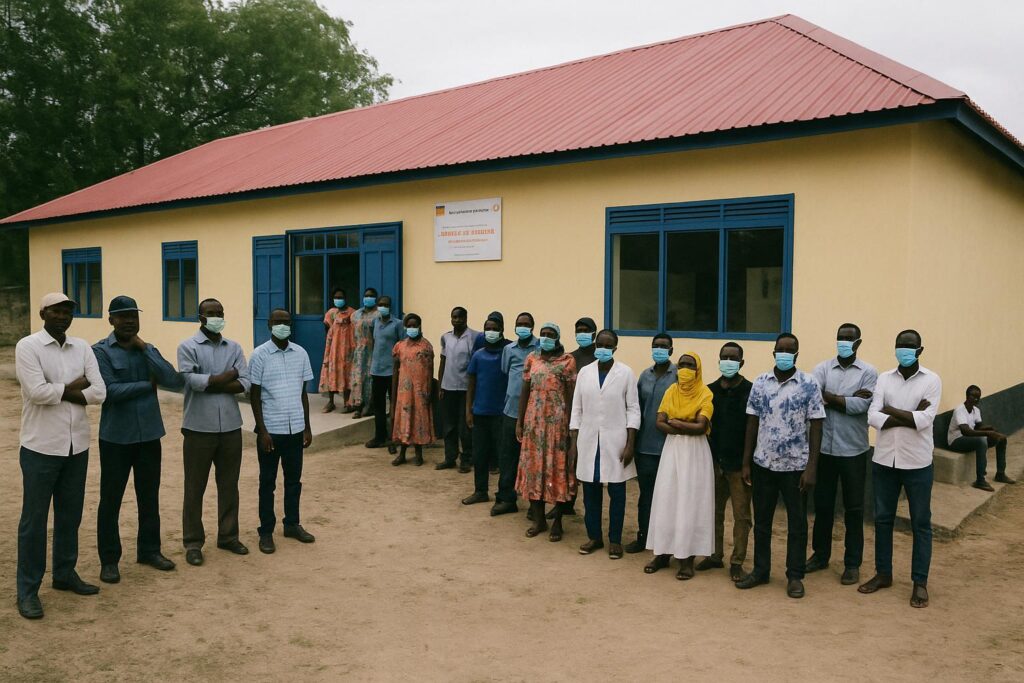Staff Transfers Spark Hospital Closure in Bor
Early Friday, Bor State Hospital locked its main gate after a health ministry order reassigned dozens of auxiliary staff to rural Primary Health Care Centres outside Jonglei’s capital. The surprise shutdown stalled the region’s busiest referral services and ignited debate over equitable deployment.
Strikers argue the transfers were non-procedural and would place them in scarcely populated payams such as Baidit, Makuach and Kolnyang, compromising their livelihoods and patient safety. ‘Some destinations are practically uninhabited,’ a workers’ memo seen by this magazine states.
Patients Face Limited Access to Critical Care
Acting Medical Director Dr. Majok Philip says only emergency cases squeeze through the gate, while outpatient, laboratory and antenatal units remain shut. ‘A mother delivered right at the entrance this morning,’ he reports, illustrating the immediate human cost of the standoff.
Inside the compound, water systems and the director’s office are padlocked, limiting infection control and oversight. Community volunteers now guide desperate relatives to alternative facilities, but long river journeys and sporadic insecurity hamper swift referrals.
Government and Union Perspectives on Policy Moves
According to Dr. David Tor, the reshuffle followed a February assessment recommending nine general practitioners and five specialists for Bor State Hospital. ‘We have since added a gynecologist, pediatrician, physician, surgeon and dentist; auxiliary workers were therefore slated for peripheral centers,’ he explains.
State Information Minister Nyamar Lony confirms authorities are engaging both sides. While backing the ministry’s decentralization drive, she stresses that uninterrupted service delivery remains non-negotiable. Negotiators are reportedly exploring staggered deployments and incentive packages to reassure staff posted outside the capital.
Path Forward for Jonglei State Health Services
Public health analysts note that rural staffing gaps persist across South Sudan, yet forced transfers rarely succeed without housing, security and clear career pathways. They urge dialogue anchored in evidence rather than emotion to safeguard fragile health gains.
For now, expectant mothers and malaria patients in Bor anxiously monitor the hospital gates. The speed with which stakeholders reconcile policy goals with frontline realities will determine whether the facility resumes its lifesaving rhythm or prolongs this costly silence.


